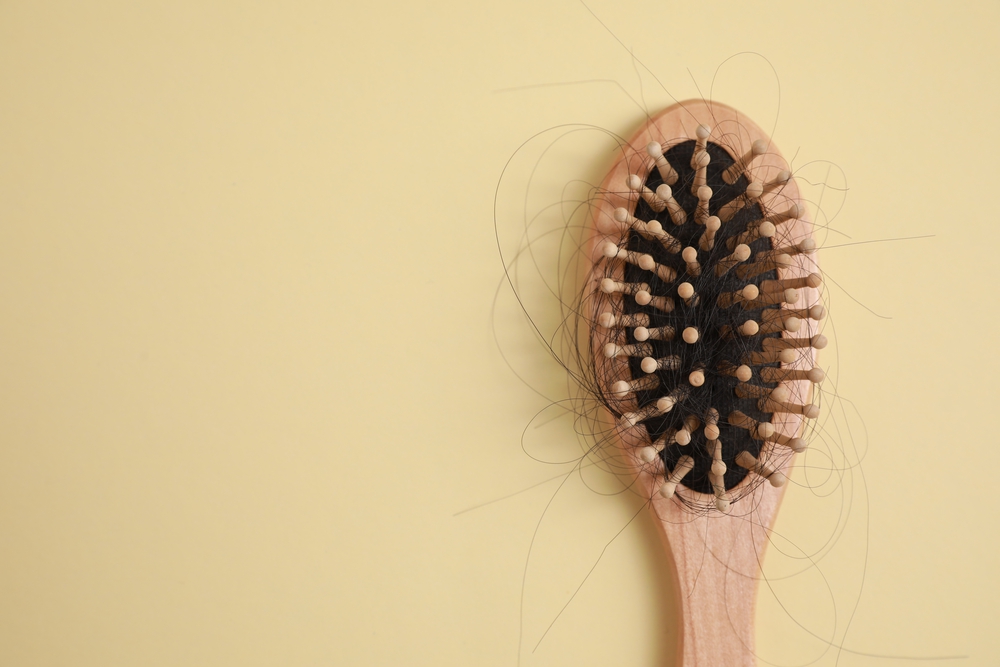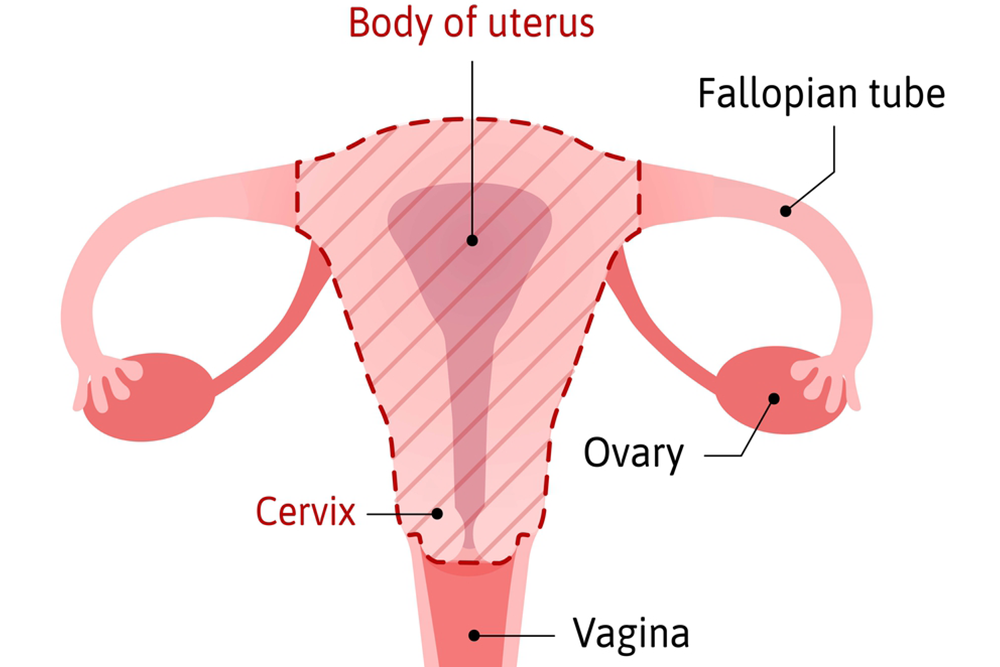
Understanding Your Mammogram Results
Interpreting mammogram results can be an emotional and confusing process for many women. These results...
Read MoreAs women transition into menopause, a wave of physical changes begins, with hair loss being a significant concern. Thinning hair during menopause is not just a superficial issue; it's a visible sign of the deeper hormonal shifts occurring within. Estrogen and progesterone levels decline, inadvertently shrinking hair follicles and shortening the hair growth cycle. As this new phase of life presents its challenges, understanding the intricacies of menopause hair loss is the first step towards effective action.
Finding your own menopause specialist who acknowledges your concerns and provides tailored solutions can transform this stage into a period of empowerment. At The Women's Center, we provide personalized care from specialists who understand the nuances of menopause-related symptoms. Our dedicated professionals are here to guide you through various treatments and lifestyle adjustments, ensuring your journey through menopause is met with understanding and supports your overall wellbeing.

The journey through menopause is characterized by significant hormonal alterations, most notably the reduction of estrogen, which can lead to a host of changes including a noticeable thinning of hair. Estrogen plays a pivotal role in promoting hair growth and as levels decrease, the growth phase of hair follicles is truncated, and hair loss can ensue. Such changes are not merely cosmetic; they are deeply felt and can affect a woman's self-perception and quality of life.
Addressing this issue with compassion and a personalized plan can make all the difference. Healthcare professionals can assist by offering guidance on treatment plans that may involve hormone replacement therapy or alternative methods that help to slow down hair thinning. By taking into account a woman's complete health picture, a comprehensive approach can help mitigate the effects of hormonal flux on hair density.
The waning levels of estrogen during menopause are frequently implicated in the upsurge of hair loss among women. As these vital hormones diminish, they pave the way for androgens – male hormones that all women have in smaller quantities – to exert a greater influence on the hair cycle. Androgens can shrink hair follicles, resulting in thinner hair strands and a more visible scalp.
Women may observe a gradual lessening in their hair's robustness, or experience it as a more abrupt shedding, a reality that is alarmingly common yet not widely discussed. Professionals in the health sphere should offer a sympathetic ear and detailed consultations, crafting a pathway that may involve medical treatments, lifestyle adjustments, or cosmetological assistance, which can collectively contribute to slowing the progression of hair loss.
Nutritional supplements offer a ray of hope for those grappling with menopausal hair loss. A well-rounded diet, potent with vitamins and minerals, supports hair strength and can limit hair shedding. Vitamin supplements, particularly those rich in biotin, zinc, and vitamins D, A, and E, have garnered recognition for their role in hair wellness, supporting the infrastructure of the hair follicle and promoting a healthier hair growth cycle.
Encouraging women to explore these avenues and reinforcing the importance of a nutrient-dense diet may provide a dual benefit by enhancing general health and hair vigor. It is critical to underscore that while dietary supplements can be effective, they should be integrated into a comprehensive health plan, ideally under the guidance and oversight of a savvy health professional who is well-versed in the unique needs that menopause presents.
With the advent of menopause, the scalp, like the rest of the body, undergoes significant changes that can impact hair health. Maintaining scalp vitality becomes paramount as hormonal shifts can exacerbate scalp dryness, affecting hair growth. A well-moisturized scalp is the bedrock for healthy hair; thus, adopting a regimen that includes gentle, hydrating products is wise. This approach not only nourishes the scalp but also creates an environment conducive to hair retention and growth.
Integrating scalp massages into your routine can also stimulate blood flow, fostering a healthier scalp. Such practices do more than just promote relaxation; they may invigorate hair follicles, potentially countering the thinning process. Quality products specifically designed for scalp health can offer additional support, working to balance the scalp’s natural oils and prevent dryness, which is especially valuable during this transformative phase.
At The Women's Center, our team uses the latest research and treatments to help you maintain not just your hair, but also your confidence and self-image during menopause. We integrate medical treatments with nutritional guidance and stress reduction techniques to tackle hair loss from multiple angles, crafting a holistic health experience centered around your unique needs.




Interpreting mammogram results can be an emotional and confusing process for many women. These results...
Read More
Hysterectomy, a surgical procedure involving the removal of the uterus, is often considered a last...
Read More
Menopause marks a significant transition in a woman's life, bringing about various changes that can...
Read More